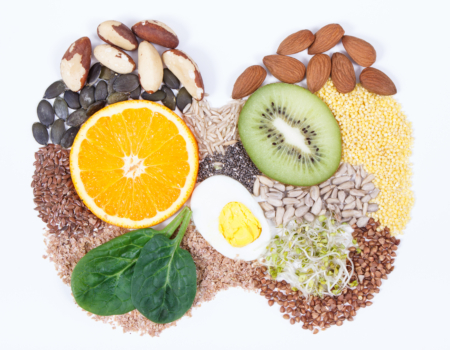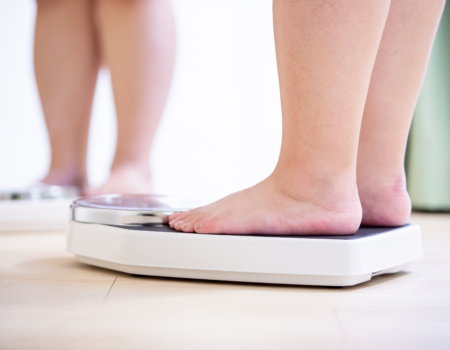Stop “Shoulding” Yourself
My name is Raechel and I am a health coach with a masters in nutrition. In my current role, I experience plenty of “shoulding.” I recently saw a humorous Halo Top commercial that called out “shoulding”. Have you seen it? Shoulding is definitely real and we all do it. The following information from Health Eaton resonated with me. I hope you will find it helpful as well.
How often do you tell yourself that you “should” or “shouldn’t” do something? Have you ever said…
I should lose weight.
I should exercise more.
I should drink less wine.
I shouldn’t eat carbs.
I should go to bed earlier.
Using the words “should” or “shouldn’t” are often self defeating and can lead to feelings of guilt, incompetence, failure and a lack of self control.
Psychologist Clayton Barbeau coined the term “shoulding yourself.” It basically means putting pressure on yourself to do or be something based on what you think you’re supposed to do or be. Whatever the “should/shouldn’ts” are on your list, they always add up to the same thing: “You should be better, you should know better, you’re not doing it right.” We get into trouble shoulding ourselves when it takes the form of automatic thought. The “should” comes to us as some abstract obligation where if we don’t do what we “should” do, we are wrong and feel guilty…or if we do what we “shouldn’t” do, we are also wrong and feel guilty. Shoulding strengthens our belief that, left to our own devices, we cannot be trusted. We use the word “should” so frequently that it takes the place of more accurate and powerful phrases like “I want,” “I can,” and “I will.”
Feeling guilty and overwhelmed breeds inaction and stagnancy…it keeps you stuck. So, the more you feel like you “should” do something, the less likely you’ll actually do it.
When we label foods “good” and “bad” we are more apt to have a “shoulding” response. For example “Pie is bad; I shouldn’t eat that pie.” When we eat the pie, we feel guilty. Research has shown that the guilt that we feel as a result of labeling coupled with shoulding, results in the perception of moral failure. We feel that we are bad because we ate something “bad” or something that we “shouldn’t” have eaten. Research also suggests that these guilty feelings often result in lower self-esteem and self-control and may ultimately lead to over-indulging in the moment or soon after. Remember, food has no power unless we give it power.
Here are some ways to break the shoulding cycle:
Become more self aware
Start paying attention to how often you are shoulding yourself throughout your day. Consider each instance and ask yourself questions like: Why should I? Who says I should? Do I really want to do/not do this, or is it society’s norm that is telling me what to do? If you want to take it a step further, add “who, why, and under what circumstances I should” to your thoughts. For example, replace “I should eat healthier” with “I should eat healthier if I want to feel more energized.”Once you discover the origin of the “shoulds” in your life, you can decide which ones make sense for you. Remember: Your decisions and choices are yours to make. Live your life the way you want to live it and not the way someone else thinks you should.
Be more specific; make a plan
Often people keep their shoulding general and vague which makes it even more difficult to take action. For example using phrases like “I should get in shape” or “I should eat healthier” without a plan will lead to failure. By creating specific action statements, it is much easier to be proactive, create change, and avoid the guilt. Ask yourself: what exactly do I want, and how will I know if I’ve succeeded?
Start with S.M.A.R.T. goals! This stands for specific, measurable, attainable, results focused, and time bound. When you set a S.M.A.R.T. goal, you’re creating a clear objective. Determine an action step to get closer to your desired effect, and use that to replace your should statement. In the example above, instead of saying “I should eat healthier if I want to feel more energized,” you might say “To avoid a mid-morning energy crash this week, I will eat a protein-rich breakfast every morning”. When you start accomplishing your smaller goals, you will gain momentum and confidence.
Change your words and make the shift
Consider replacing the word “should” with “I want…can…will…am”. Using different words shifts your inner dialogue, your mindset and helps relieve unnecessary pressure. Shoulding does not imply change or action. Consider the following: I should run more versus I am a runner Also, I should eat more veggies versus I want more veggies. Simple changes to your vocabulary will allow you to feel more in control and less stressed.



